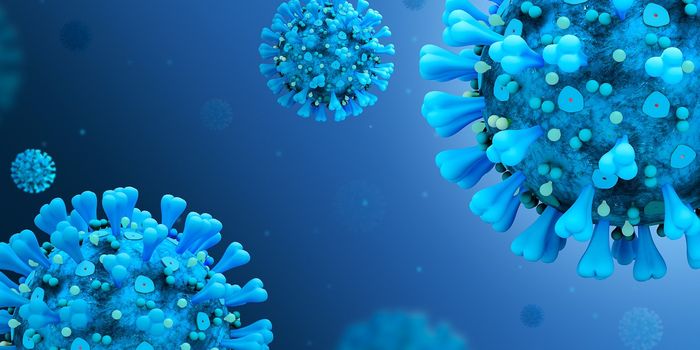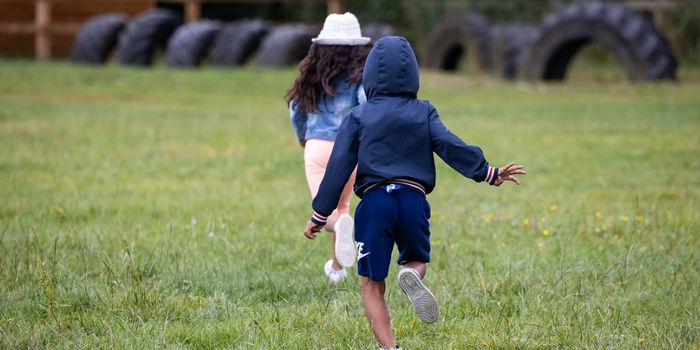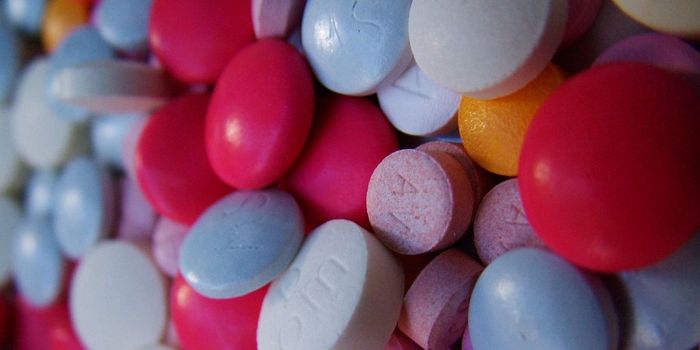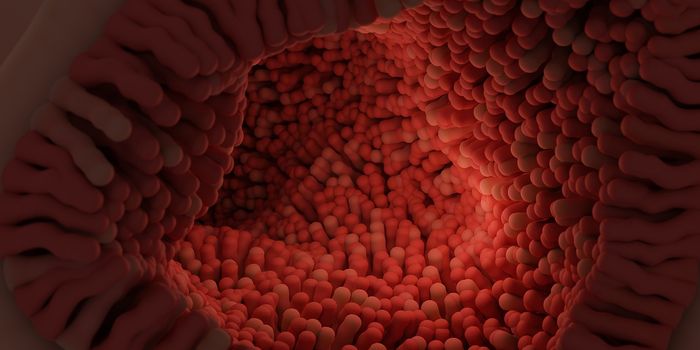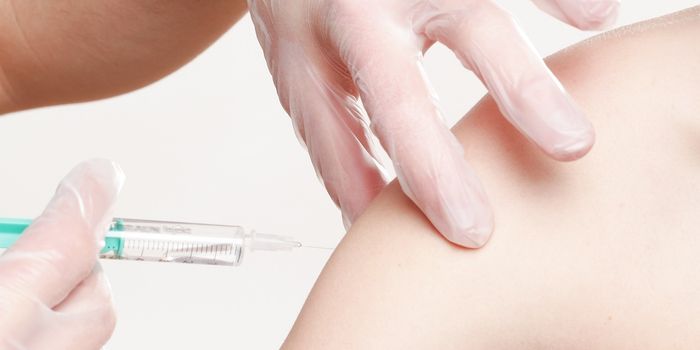A Peanut a Day Keeps Allergies Away
Canadian researchers have made a breakthrough for children with peanut allergies: immunotherapy that, when taken daily for a year, significantly reduced patients’ sensitivity to the legume.
“There’s a common misperception about peanut allergies—that it’s not a serious health issue,” said lead author on the study and pediatric allergy expert, Edmond Chan. “Although the risk of a fatal reaction to peanuts is low in patients with peanut allergy, it has a major impact on [the] quality of life, and many families feel hopeless in dealing with what can seem like an unmanageable problem.”
Experts estimate that the number of school-age children affected by peanut allergies has doubled over the last decade. Though the root cause of nut allergies is still up in the air, most studies point to it being a result of an overactive immune system. Physical symptoms of allergic reactions range from hives and sneezing to a sharp drop in blood pressure, and in extreme cases, even cardiac arrest and anaphylaxis. It’s difficult to avoid peanuts since trace amounts are commonly found in processed foods, so scientists are on the hunt for ways to manage the condition effectively.
This study, the first of its kind, was published in the Journal of Allergy and Clinical Immunology: In Practice. Chan and colleagues describe how oral immunotherapy was tested in a cohort of nearly 120 preschool-age kids. As part of the treatment regimen, children with peanut allergies are slowly desensitized to the offending allergen by receiving minute, gradually increasing quantities of peanut proteins.
This daily dose of peanuts — around a pea-sized amount of peanut butter, or around 4000mg of peanut protein — was eaten consistently over the course of a year. After this time, the majority (almost 80 percent) of children could safely eat 15 peanuts without serious allergic reactions. Most promisingly, 98 percent of the children could eat three to four peanuts without flare-ups, which means they were protected from severe reactions to consuming trace amounts of the proteins.
For the children that got allergic reactions after a year of immunotherapy, their reactions were mostly mild. “Now, thanks to oral immunotherapy, these kids can accidentally eat something with peanut butter in it—like a cookie or cake—and not suffer a reaction, which is wonderful news for the families,” said study author Lianne Soller from the BC Children’s Hospital.
The authors recommend children with allergies start oral immunotherapy as soon as possible, citing life-long allergies and more severe reactions as possible consequences if left untreated.
Sources: Journal of Allergy and Clinical Immunology: In Practice, University of British Columbia.


